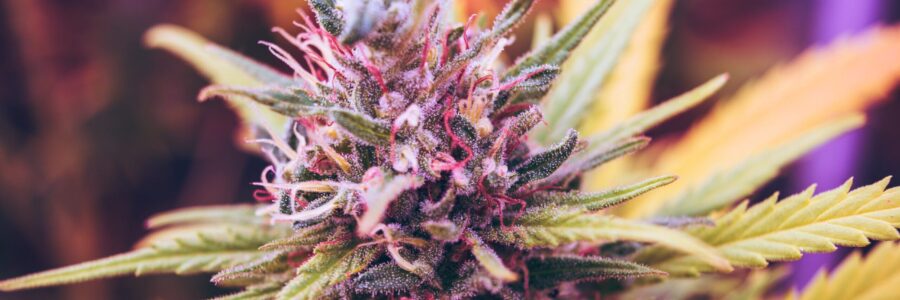Marijuana may now be legal or even for sale in your state, and CBD oil-based (a non-psychoactive component of cannabis) products are everywhere. But how does cannabis affect your skin, especially if you have a chronic skin condition?
A lot depends on whether you smoke cannabis, eat cannabis products or supplements, or apply it topically on the surface of your skin.
There are a wide variety of cannabis products, those that can make you “high” and those that don’t. Products that contain THC from cannabis are the ones that pack a psychoactive punch and give you a that sense of feeling high. Choosing products without THC, in favor of those with only CBD and/or hemp seed oil, will deliver health and nutritive benefits without any intoxication.
Smoking vs. Edibles: Which is Best?
Taking CBD or hemp seed oil as a nutrient or supplement offers several beneficial effects. Hemp seed oil has a near perfect fat profile with essential fatty acids and a good balance of polyunsaturated fats, including linoleic and alpha-linoleic acids. When taken as a food, hemp seed oil can reduce skin inflammation, dryness and itching.
Smoking weed can have negative health effects for both your lungs and your skin. Even second-hand marijuana smoke is worse than second-hand cigarette smoke and is shown to have a more negative effect on vascular function.
Unfortunately, cannabis smoke is full of hydrocarbons, carcinogens, and free radicals. Hydrocarbons can damage your skin’s collagen on contact, and lead to wrinkles and sagging skin, while free radicals make your skin age faster. So if you do indulge in cannabis products for recreation, choose edibles made of healthy ingredients, or filter the smoke through water (think water-bong) in order to remove some of the more harmful chemicals. But watch out for the “munchies,” the snack attacks that often follow marijuana use, as it can result in over-indulging in processed foods that can wreak havoc with your skin.
Skin Products with CBD
CBD is popping up in cosmetic and personal care products for its moisturizing and anti-inflammatory benefits. CBD and hemp seed oil are quickly and easily absorbed into the skin, which means it won’t clog your pores like heavier oils. Like other beneficial oils, they can lock in moisture and keep the skin looking youthful, plump and radiant.
Because compounds in cannabis called “cannabinoids” are proven to inhibit inflammation, products with CBD oils may reduce itching and redness, as well as inflammatory reactions in TSW, eczema, and psoriasis.
CBD oil also inhibits the hyperproduction of skin cells which leads to itching and flaking in psoriasis. An article in the Journal of Dermatological Science shows that cannabinoids also inhibit keratinocyte proliferation. Psoriasis is one skin disease where inflammation caused by keratinocytes is a big factor. This means cannabis may effectively reduce psoriasis symptoms.
There seems to be multiple ways that cannabinoids help in treating acne. Studies show that cannabinoids reduce sebocytes, balance oil and sebum production in oily and acne prone skin, reduce the formation of comedones, and thereby reduce acne symptoms. Cannabinoids may also have an anti-bacterial component that discourages acne as well.
Peace, Love and Healthy Skin!
Cannabis-based skin products might be a great choice for you and are worth a try. But as with all skin care products, its not just one ingredient that counts, you need to see the whole picture. Be sure to read the labels and choose products without extra fragrances and chemicals that might trigger a flare-up. And as always, indulge responsibly!
Want to Learn More About Skin Health?
Click HERE to get the Amethyst Holistic Skin Solutions Newsletter. You’ll receive interesting information about skin health via articles, before/after pictures, case studies of Amethyst patients, videos, interviews and more. Feel free to share this article with someone who you think may benefit.
About the Author
Olivia Hsu Friedman, LAc, Dipl.OM, DACM, Cert. TCMDerm, is the owner of Amethyst Holistic Skin Solutions and treats Acne, Eczema, Psoriasis, and TSW. Olivia treats patients via video conferencing using only herbal medicine. Olivia is Chair of the Board of Directors of the American Society of Acupuncturists, serves on the Advisory Board of LearnSkin, and is a faculty member of the Chicago Integrative Eczema Group sponsored by the National Eczema Association.



